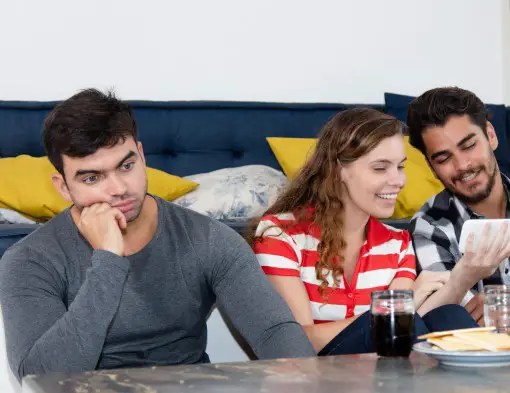
A survival guide for people who can’t sleep after social events – why it happens and 13 practical remedies
By Jason Wooden, PhD and Kristal McKinney, LICSW, CMHS | June 21, 2022
It’s very common for people to struggle with sleep after social events. The reasons include staying out too late, being stretched too thin, being over excited, social exhaustion, post-event depression, and social anxiety disorder.
For better sleep, your options include improving your self-care, setting boundaries, better sleep hygiene, calming activities, relaxation exercises, counseling, and various other natural remedies.
If you think you’re only one who can’t sleep after social events, think again…
We’ve all been there.
The after work social is done.
You’re back home and have hit the sack but you can’t drift off to sleep because your mind won’t stop racing about something you heard or something you said…
Perhaps it was a gathering with your extended family where you’ve had to play nice and hold conversations with a bunch of relatives you normally don’t see.
By the time you get home you’re completely drained and so wired up it takes hours to fall asleep.

Or maybe it was a professional gathering, networking event, conference, house party, or just a simple meetup of like-minded people.
All the same, you get past the point of being tired and you’re just super wired awake.
Cue the insomnia.
If this sounds familiar, you should know it’s more common than you might think for people to struggle with sleep after social events.
Every night 1 in 3 adults struggle with poor sleep for various reasons. Social burnout or having a hard time coming down after an event is certainly on the list.
This should be no surprise since stress and anxiety are two of the most common challenges for sleep.
The strain social events can put on you while they’re happening and then at home at night is the reason some people have come to dread them.
And odds are there were others at the same event with you who got home and ran into the same trouble.
When you can’t sleep after a social event, you pay for it the next day…
Regardless of why your struggling with sleep after a social gathering, you pay the price the next day.
That’s because sleep is essential to health and happiness. When you get deep restful sleep, the body recovers, heals, and replenishes itself.
It’s also important for memory and learning too.
Unfortunately, the full cost of poor sleep is not always immediately obvious.
Sleep deprived people don’t think as clearly, have a harder time coping emotionally, and don’t perform as well at school or on the job.
Relationships and intimacy can suffer.
Would you believe studies have found that when you’re sleep-deprived what it does to your brain is the same as being drunk?
If poor sleep becomes an ongoing issues, your risk is increased for all sorts of health challenges.
On the list are diabetes, high blood pressure, cardiovascular disease, obesity related illnesses, a weakened immune system, anxiety, and depression.
That’s a whole lot at stake.
It should be clear you really need your sleep.
And when social events rob you of sleep you pay a double price – while you’re awake and when you go to bed.
The many reasons people struggle with sleep after a social event
People find it hard to sleep after social events for all sorts of reasons ranging from the obvious to the more serious.
Among the things that make it harder to transition to sleep when you eventually get home are:
You’ve stayed out too late
It’s easy to get caught up in a social outing and stay out later at night than usual. Unfortunately, our bodies are used to being on a sleep-wake schedule.
When you stay up past your normal bedtime, it can throw off your sleep-wake cycle. As you become overtired, you may get to the point where you’re even more wired up which is sure to make it harder to transition to sleep.
You’ve run yourself ragged
We’ve all had days when we’re just trying to do too much. Between everyday commitments and social outings, we’re stretched thing and over-stressed by time we get to bed.
You’re too wound up from all the excitement
It could be that something really cool happened whether it was a conversation or people you met. Or maybe it was an unusually fun gathering.
Sometimes it’s hard to come down from that since your mind is still buzzing from the excitement. A racing mind, even if it’s positive stuff, can keep you wired and alert.
What’s worse are the things we sometimes do to manage our anxiety whether it’s snacking, alcohol, or other chemical substances. Consuming the wrong thing at night can come back to bite your sleep.
Social exhaustion
If you’re not comfortable with small talk and find socializing stressful, you’re not alone. Many introverts find social interaction draining making it hard to unwind and transition to sleep at night.
Even extroverts can socialize to the point they’re drained and overstimulated.
Social anxiety disorder
Anxiety is often connected to poor sleep. A mind racing with fear and worry makes it harder to drift off to sleep and stay asleep.
Social anxiety disorder is an intense fear of being judged by others in social settings.
For some people it may even start days or weeks before an event.
As you get more and more stressed out, your body may turn on the fight-or-flight response and pump out stress hormones designed to get you in a heightened state of arousal and prepare your muscles for action.
It’s estimated that in the US as many as 7% of adults have had social anxiety disorder in the past year. (We’re guessing this a conservative estimate and the real number is higher.)
Some signs of social anxiety disorder:
- blushing, sweating, or trembling
- a rapid heart rate
- feeling your “mind going blank” or feeling sick to your stomach
- a rigid body posture
- speaking with an overly soft voice
- finding it difficult to make eye contact, be around people you don’t know, or talk to people in social situations
- feeling self-consciousness or fearing people will judge you negatively
- avoiding being around other people
- social situations almost always provoke fear and anxiety
- anxiety usually out of proportion to the event
Feeling depressed after socializing
It’s not uncommon for people to have a mood crash after a social event. For some people, social occasions can leave them feeling down.
It could be from hearing people brag about things, comparing yourself to others, awkward interactions, lack of connection to others, feeling out, or just being around toxic people.
Unfortunately, depression, like anxiety, can make it hard to sleep.
Some signs of depression:
- persistent sad, anxious, or “empty” mood
- feelings of hopelessness
- irritability
- feelings of guilt, worthlessness, or helplessness
- loss of interest or pleasure in activities
- decreased energy or fatigue
- moving or talking more slowly
- feeling restless
- difficulty concentrating, remembering, or making decisions
- difficulty sleeping, early-morning awakening, or oversleeping
- appetite and/or weight changes
- thoughts of death or suicide, or suicide attempts
- aches or pains, headaches, cramps, or digestive problems without a clear physical cause
It should be clear by now why so many people struggle with sleep after social events and why it’s more common than you think.
Unfortunately, it could be there’s more than one issue going on given the world we live in. The good news is that there are practical things you can do to make your events and nights easier.
Practical remedies worth a try if you can’t sleep after social events
If social events have been ruining your nights, it doesn’t have to be that way.
There’s plenty you can do to survive a social event, make the most of the time, and keep your sleep on track:
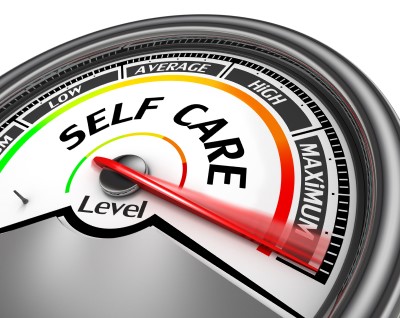
1) Self-care
Make sure eating and hydrating well every day. Also, schedule down time and fun time for activities you enjoy.
Feed your mind whether it’s through a spiritual practice, meditation, mindfulness, or an uplifting book.

2) Set boundaries
You don’t have to attend every social event you’re invited to, especially if you’re feeling drained and needing time for self-care.
It’s okay to say no and be selective to which events you attend and how long you stay.
Likewise, you can also set boundaries for how involved you get in conversations at an event, especially something negative or draining.
Learn more:
6 Nice Ways to Say No to Any Social Event (self.com)
You Don’t Have to Attend Every Work Social Event Your Company Hosts (themuse.com)
How to Say No to Work Events Without Hurting Your Career (The Motley Fool)
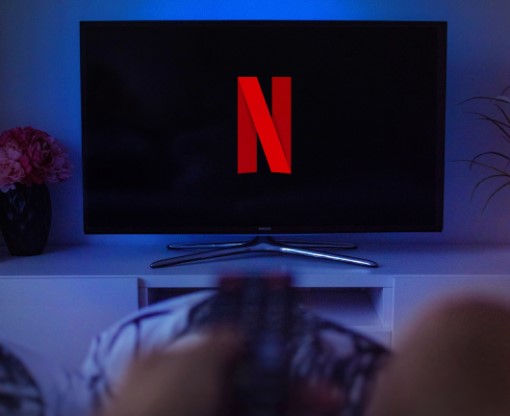
3) Schedule in transition time to allow yourself to unwind
If you struggle with sleep after social events, it’s a good idea to schedule in some extra time between the event and bedtime. That will help your mind and body unwind a bit before attempting to sleep.
Build in some transition time to do something you really enjoy once you get home. It could be a walk around the neighborhood, a fun TV show, or some other calming activity.
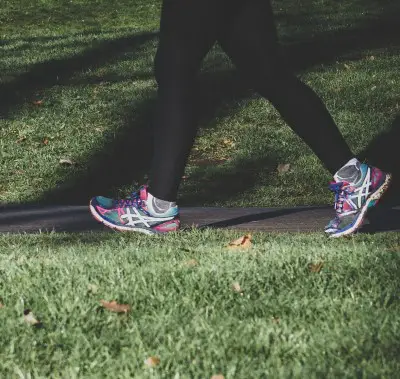
4) Exercise
Did you know that physical activity triggers the release of endorphins and other chemicals that improve mood? It can also reduce stress, anxiety, and depression.
Regular exercise also promotes deeper sleep.
So, get out for a brisk walk in the park, go for a swim, or dance to your favorite music.
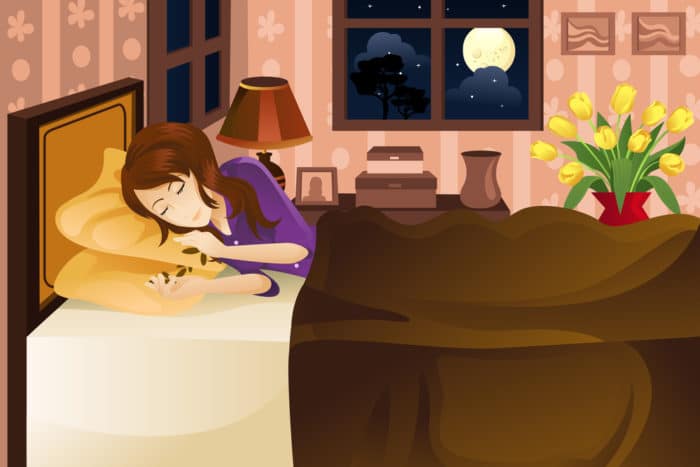
5) Sleep hygiene
It’s likely that social events isn’t the only challenge for your sleep. Unfortunately, there’s a long list of things that affect sleep.
You want to avoid anything that will make things worse which means you need to be following the rules for optimal sleep. Sleep hygiene involves the everyday habits that can make or break sleep.
For better sleep hygiene, you should:
- keep consistent wake up & sleep times
- avoid naps
- exercise during the day
- avoid large meals, alcohol, or stimulants such as caffeine before bedtime
- maintain a regular bedtime routine
- avoid using TVs, laptops, or other electronics before sleep
- keep your bedroom dark, cool, quiet, & relaxing
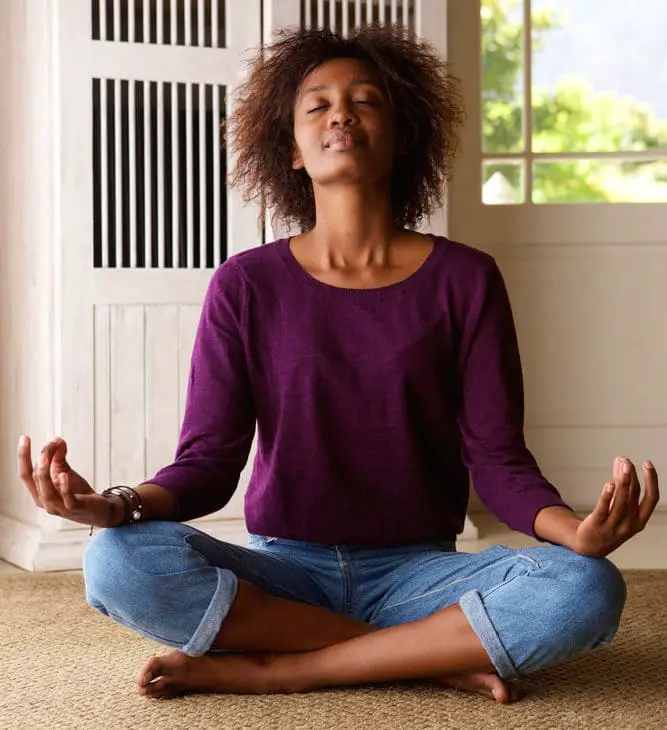
6) Try a relaxation exercise
Relaxation exercises are a great way to calm the mind and body so you can more easily transition into sleep.
There are plenty of techniques worth a try:
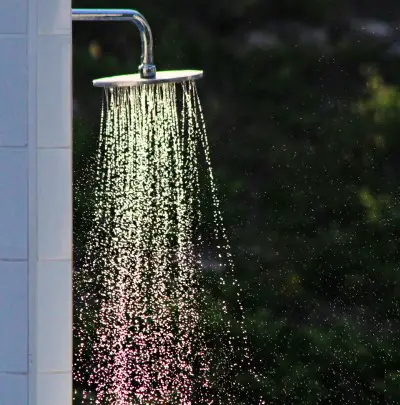
7) Try a relaxing bath or shower
For some, a leisurely soak in warm water and a quick hot shower can make a difference.
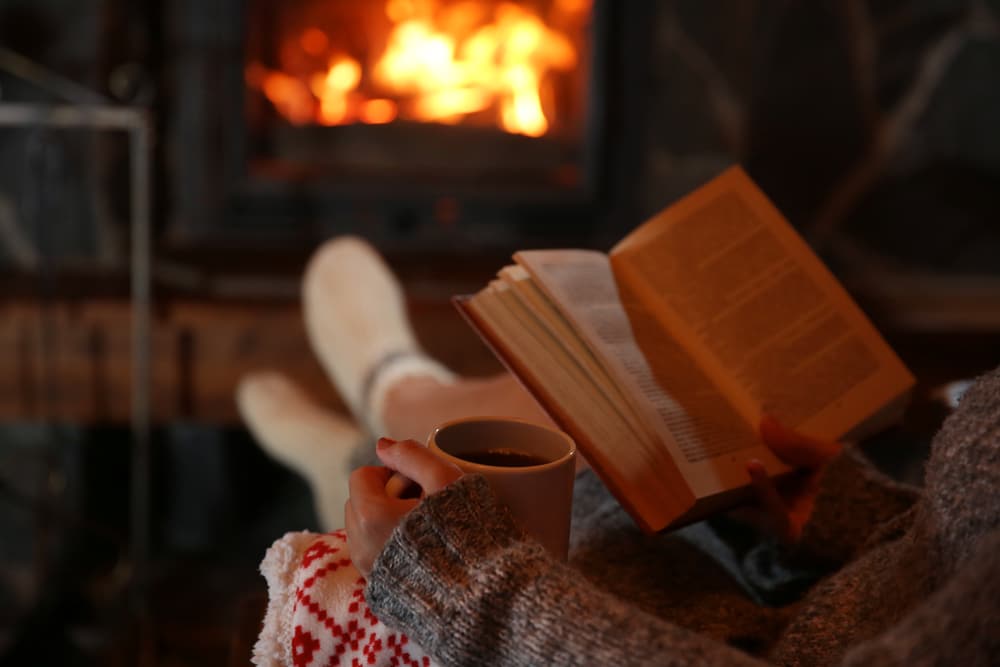
8) Light reading
Reading can take your mind off things, be sure to avoid those page turners that can keep you up too late.
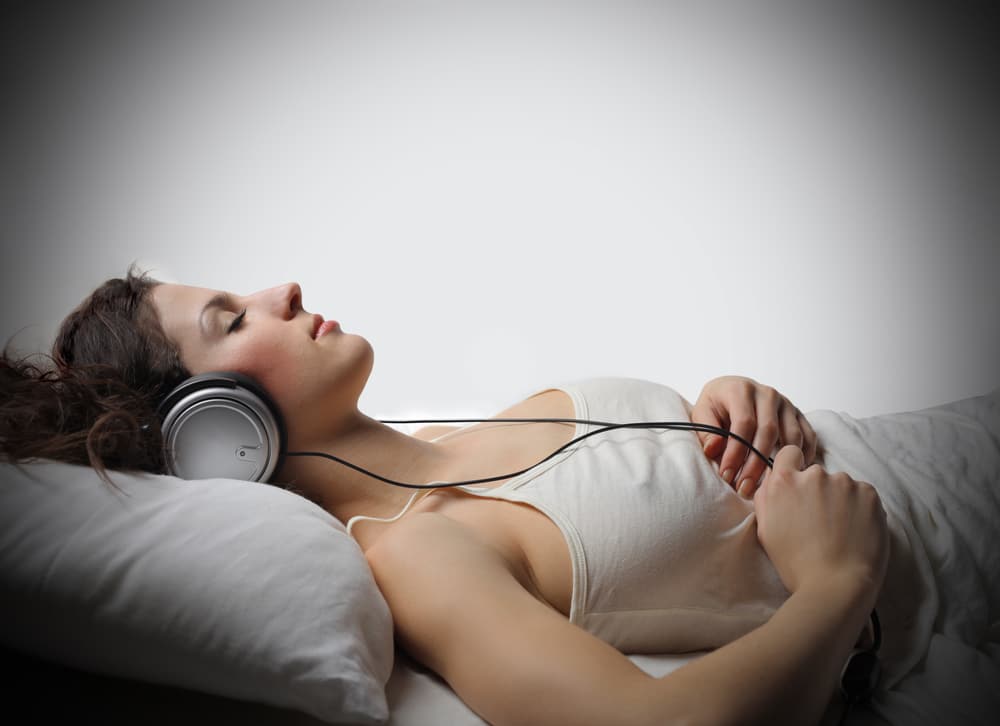
9) Calming music
Listen to something relaxing, whether it’s classical, a sound bath, binaural beats, or something else. Avoid those heart pumping tunes…
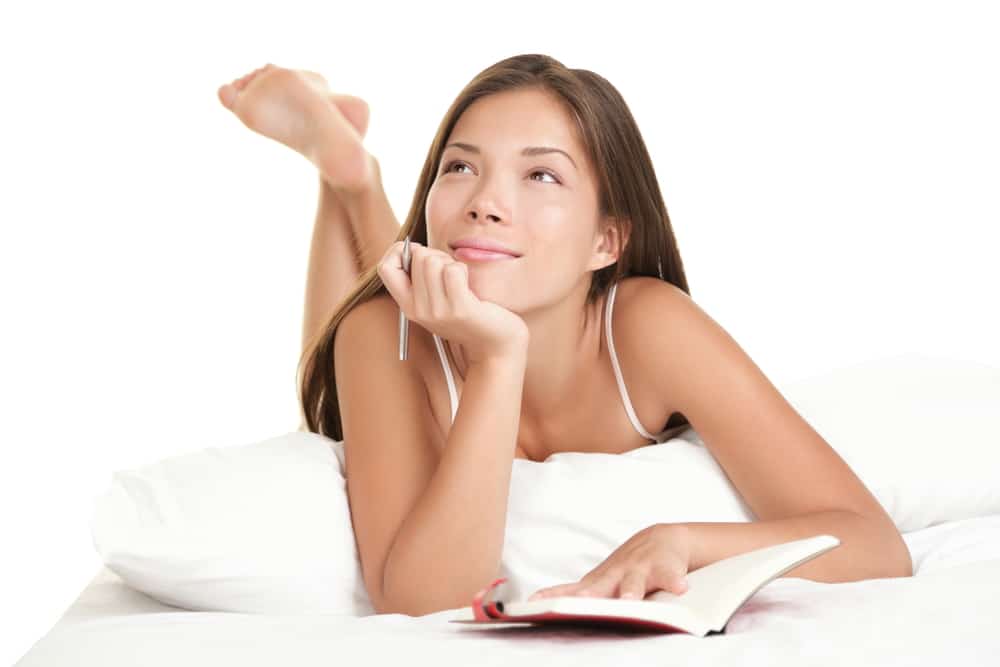
10) Journaling
Instead of replaying worrisome things in your head, get them off your mind by writing them down on paper.
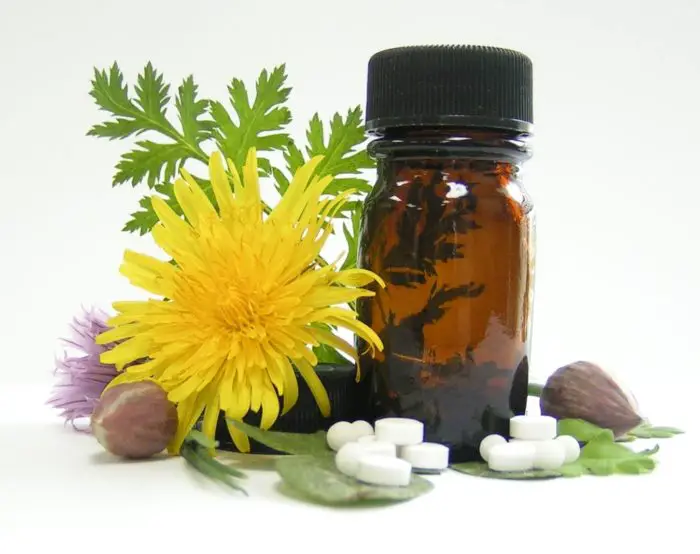
11) Natural relaxation aids
Natural remedies can help reduce anxiety and stress that make it harder to fall asleep. Others may directly support the body’s sleep-wake cycle.
Popular choices include valerian root, chamomile, lavender extract, and CBD oil.

12) Know your triggers
We all respond to things differently. Take some time to think about the things at social events that bother you whether it’s conversations, individuals, or situations.
Knowing your triggers can help you more effectively avoid them and manage them.
Learn more:
What does it mean to be triggered? (Very well mind)
How to Spot Your Emotional Triggers (Psychology Today)
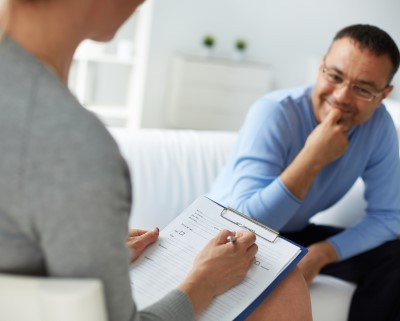
13) Reach out for help
If you find that you’re really struggling with things, keep in mind that you’re not alone. Try reaching out to a trusted friend or relative.
It’s also well worth it to chat with a mental health professional if it’s become an ongoing issue.
Ditto, if you’re dealing with serious anxiety or depression surrounding social events.
Unfortunately, there’s a ping pong between mental health and sleep in which you can get into a downward spiral.
The good news is that there’s a lot you can do for anxiety and depression whether it’s psychotherapy or medications.
A therapist can help you find healthier ways of thinking and teach you coping skills including setting boundaries.
What’s keeping you from saying no?
You may be thinking I know sleep is important but I’m feeling blocked. From personal experience, we know how tough it can be to say no to people.
Easier said than done…
We’ve all had those moments when we really didn’t want to go to an event but was afraid to say no.
The reasons so many of us struggle with saying no are varied but include:
- being overambitious about what you can realistically do
- worries about hurting someone’s feelings
- feeling obligated
- guilt
- feeling validated when showing up for other people
- struggles with self-esteem and assertiveness
There’s always going to be conflicts between “me time” and social demands.
It’s important to practice loving kindness in which you give yourself permission to do what’s right for your self-care. It’s also being honest that you can’t give people your best when you’re not at your best.
Keep in mind you’re doing something in the best interest for everyone.
Sources:
1. ‘World Sleep Day Talking Points”, World Sleep Society website
2. “Sleep Deprivation Has The Same Effect as Drinking Too Much, Says Study”, 2017, science alert
3. “Social Anxiety Disorder: More Than Just Shyness”, US National Institute of Mental Health website
4. “Social Anxiety Disorder”, US National Institute of Mental Health website
5. “Depression”, US National Institute of Mental Health website
Connect with us:
About Us
Better Sleep Simplified® was founded as a place for you to get clear and well-researched information.
Our goal is to make sure you know about your options so that you take action sooner rather than later.
Check us out on YouTube:
Watch and Learn
Helpful sleep tips, interesting sleep facts and statistics you want to know about
Affiliate Disclosure
This site is a participant in the Amazon Services LLC Associates Program and other affiliate advertising programs designed to provide a means for sites to earn advertising fees by advertising and linking to them.
Important: BetterSleepSimplified.com is for informational purposes only and is not intended or implied to be a substitute for professional medical advice, diagnosis, or treatment. Always consult a physician for sleep and health concerns. See additional information.
